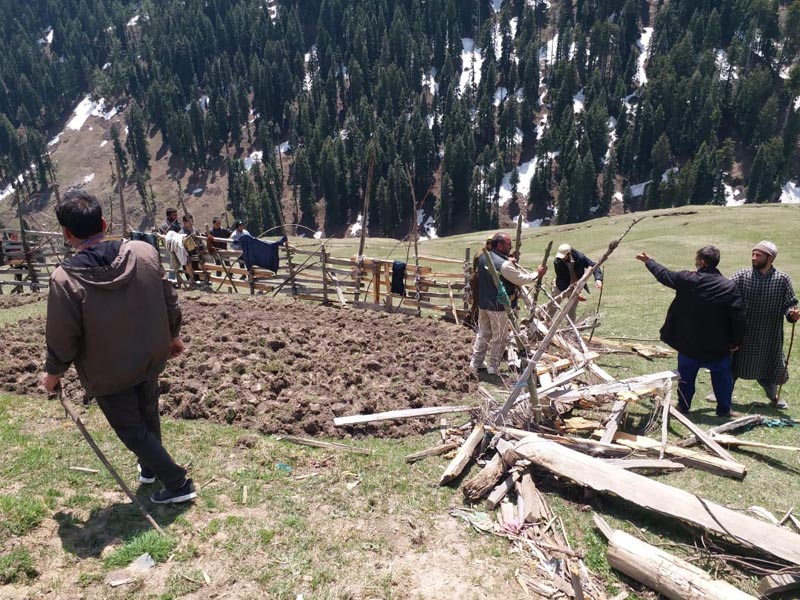The fact that over 13,000 square kilometres of forest land is under encroachment across 25 states and Union Territories paints a grim picture of environmental governance in India. This figure, larger than the combined geographical area of Delhi, Sikkim, and Goa, underscores the urgent need for comprehensive and transparent action to protect the nation’s dwindling forest cover. The recorded forest area is crucial in maintaining ecological balance, mitigating climate change, and preserving biodiversity. The classification of forests into reserved, protected, and unclassed categories highlights the varying degrees of legal protection afforded to different forested areas. However, the stark rise in encroachment indicates a failure of enforcement mechanisms and governance at multiple levels. The largest encroachments reported in Madhya Pradesh and Assam further illustrate how widespread and alarming this issue has become.
One of the primary challenges in addressing forest encroachment is the conflict between conservation efforts and the rights of indigenous and forest-dependent communities. The FRA was enacted to recognise the legitimate claims of these communities over land they have historically inhabited and protected. However, the implementation of the FRA has been marred by inefficiencies, wrongful claim rejections, and legal ambiguities. Until this process is streamlined, distinguishing between genuine forest dwellers and illegal encroachers will remain contentious. The delay in submission of encroachment data, including Jammu & Kashmir and Ladakh, raises concerns about administrative transparency and accountability. The National Green Tribunal’s directive to compile this information was a significant step toward policy intervention. However, incomplete data submission hampers the ability to assess the full extent of the problem and formulate effective remedial measures.
Forest encroachment is not merely an environmental issue; it has profound socio-economic and legal implications. Unchecked encroachments lead to deforestation, loss of wildlife habitats, water scarcity, and increased human-wildlife conflicts. The Government must prioritise a multi-pronged approach that includes stronger enforcement of forest laws, comprehensive FRA implementation, and community-driven conservation efforts. India’s forests are invaluable national assets, and their preservation is essential for sustainable development. The time for decisive action is now before irreparable damage is done.


